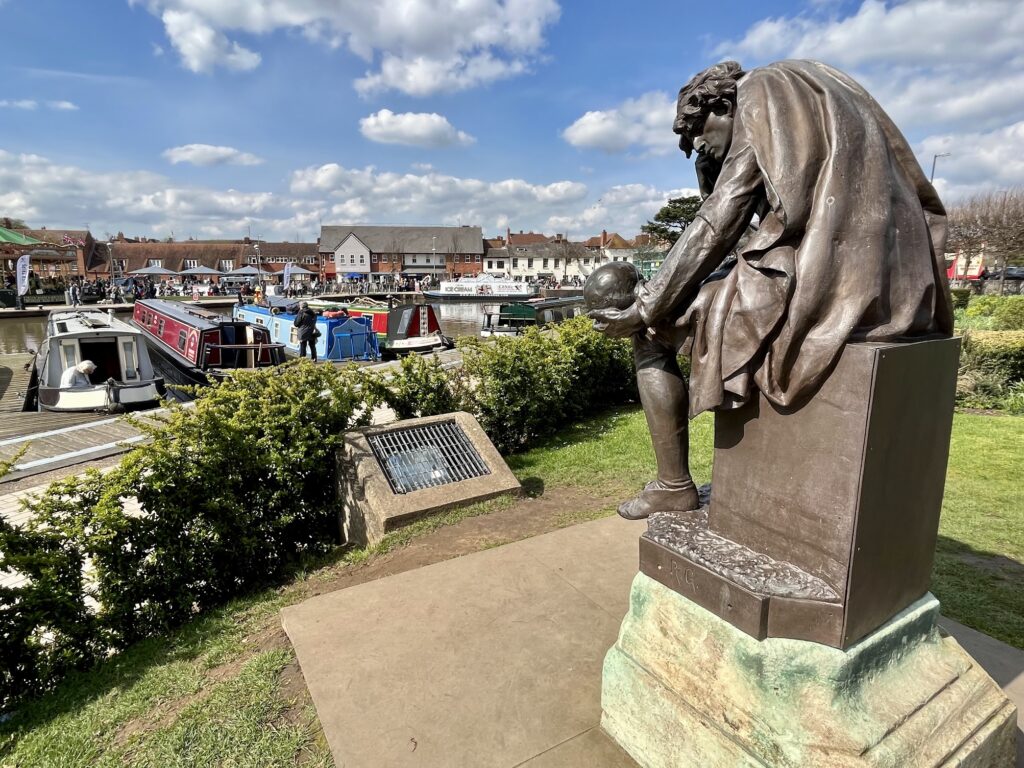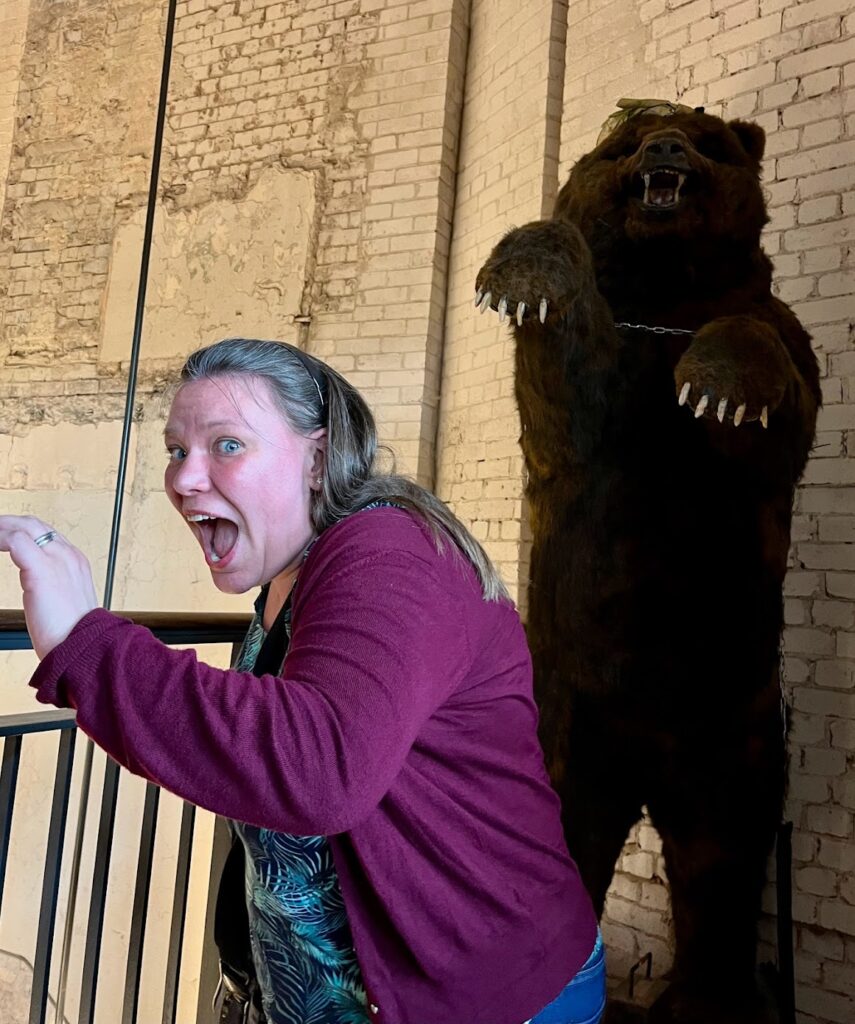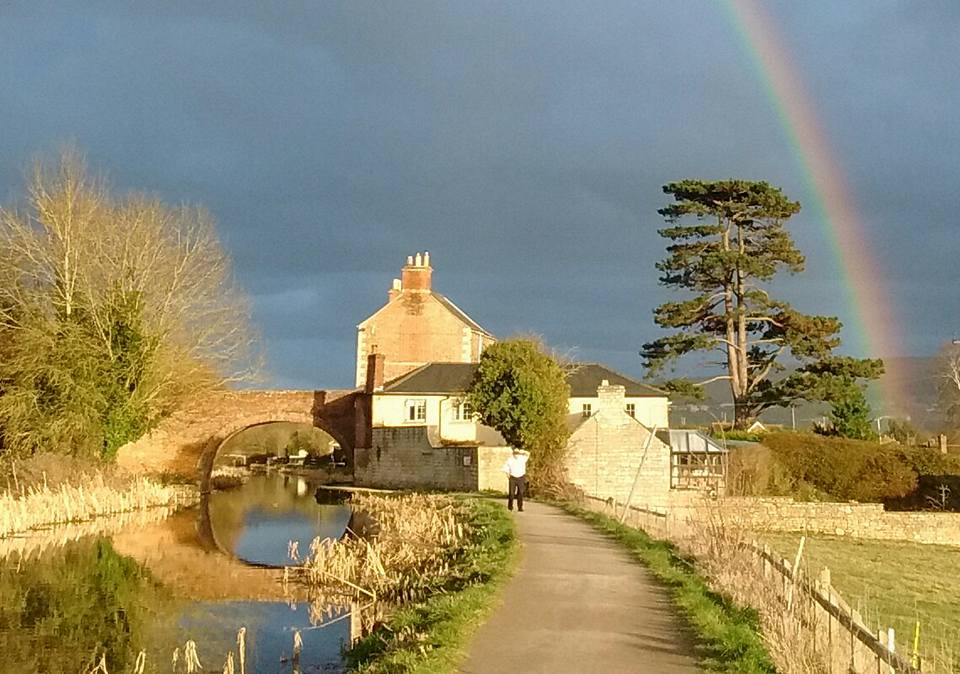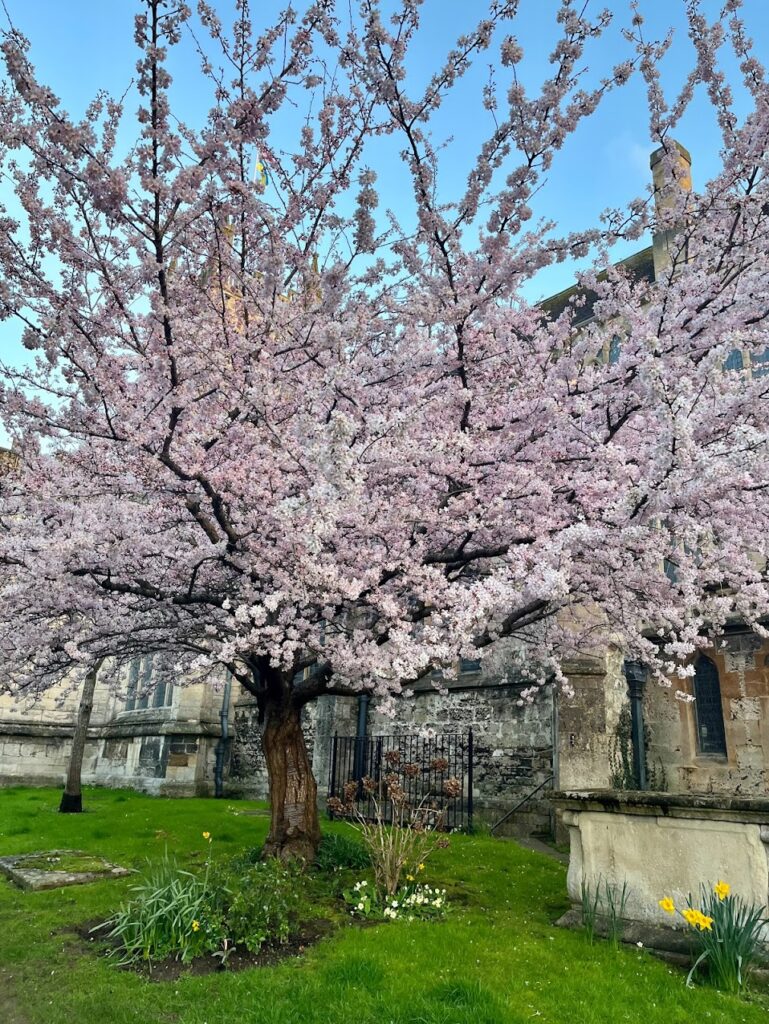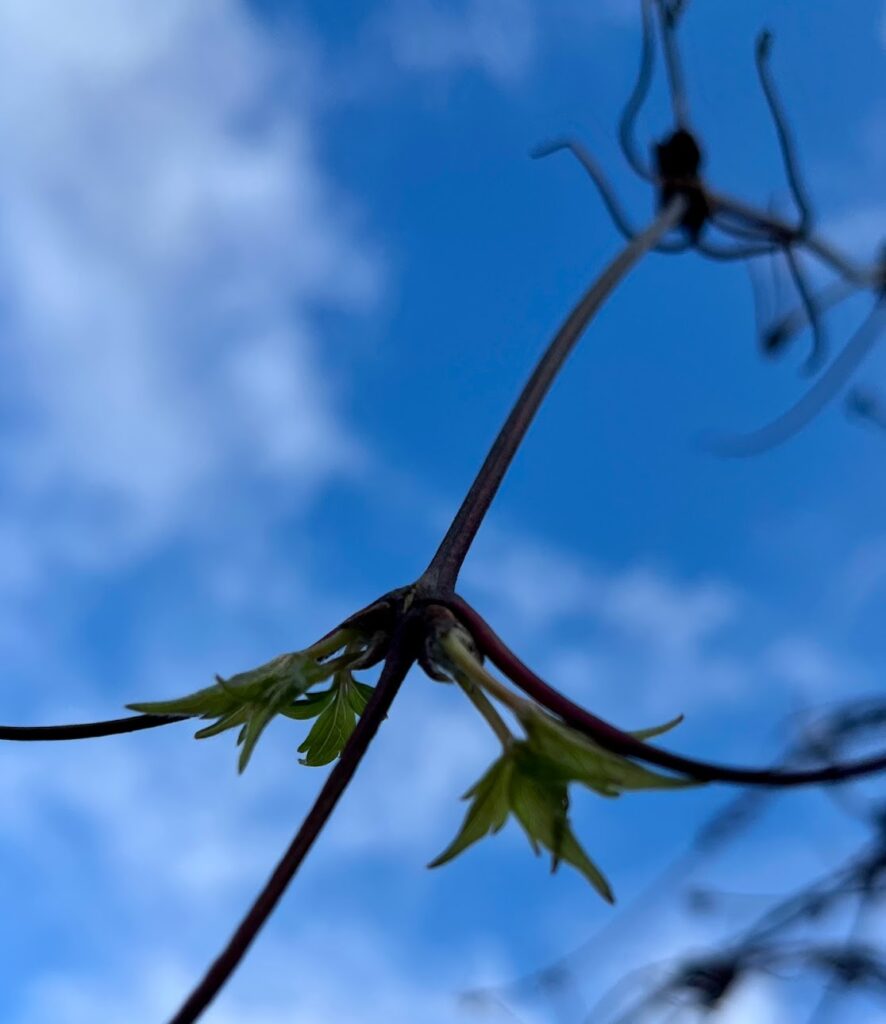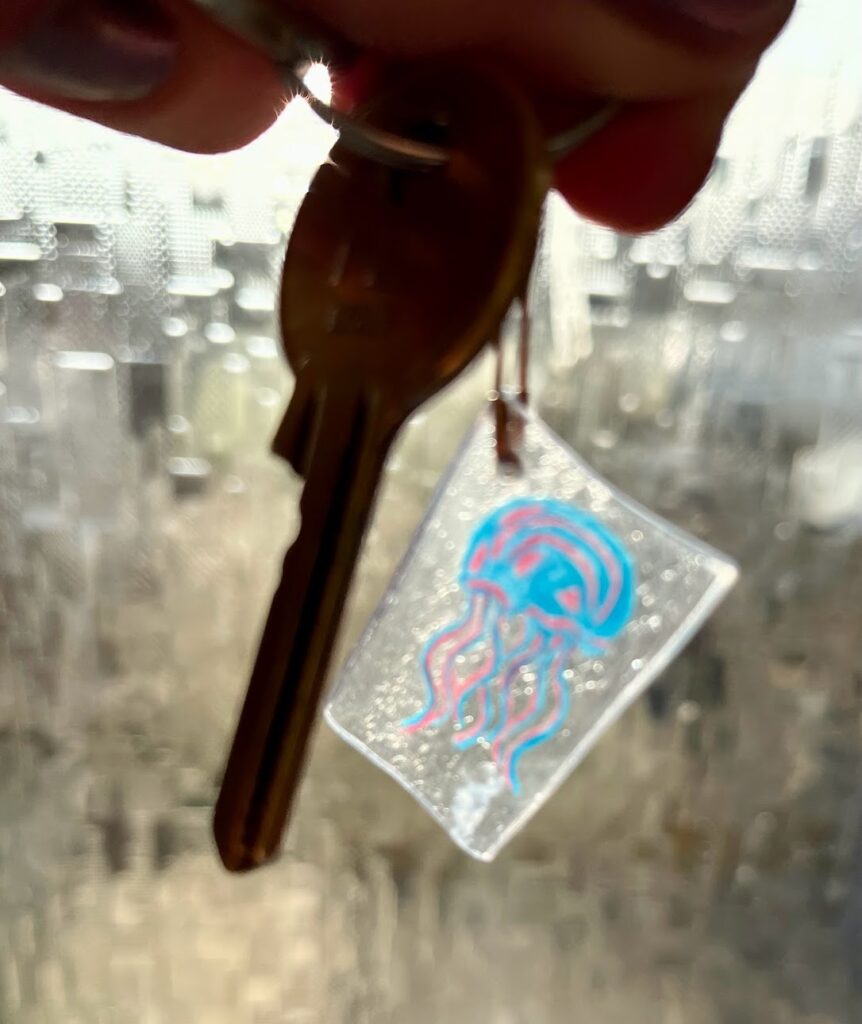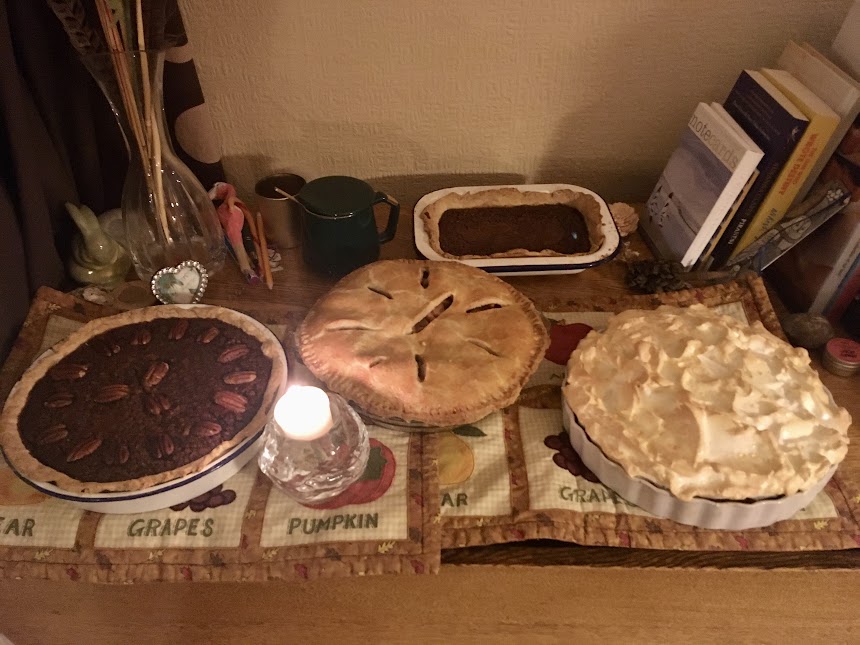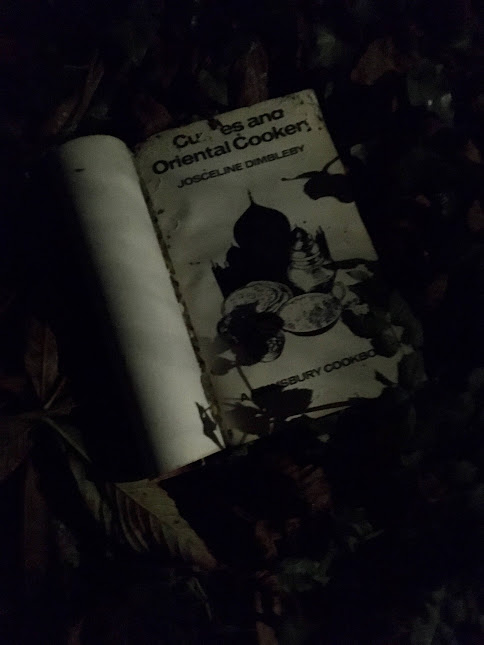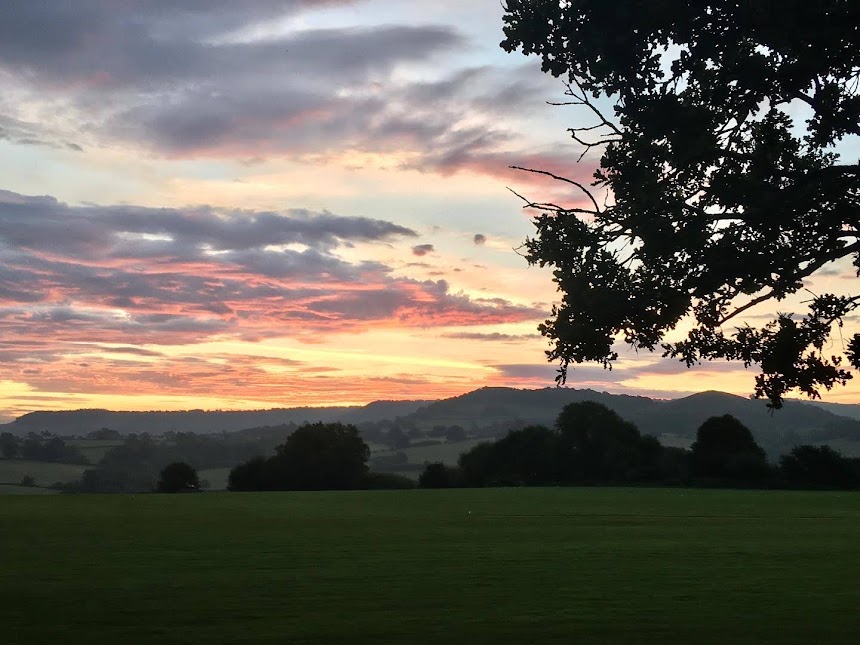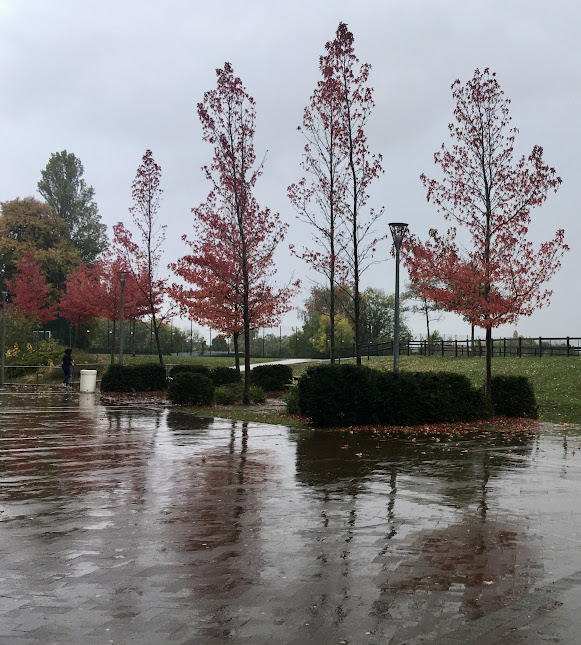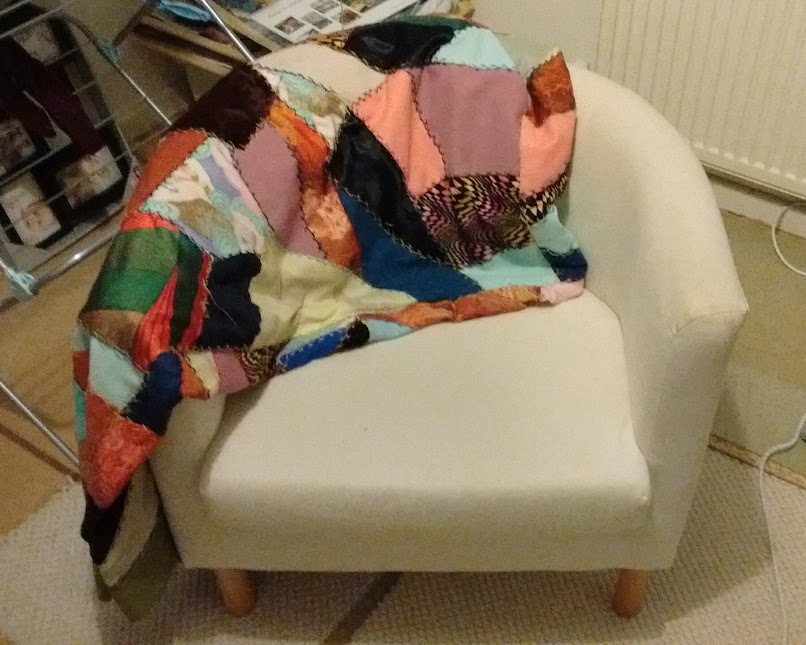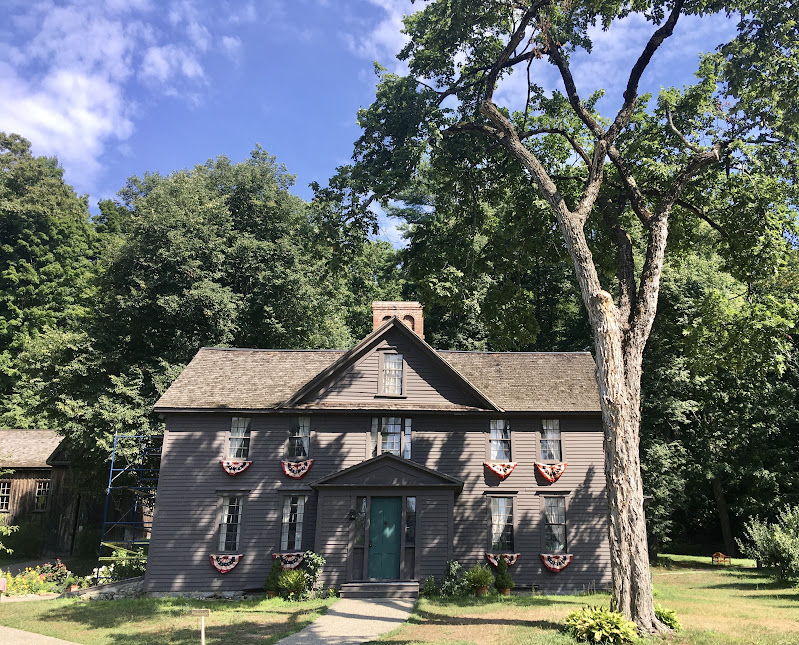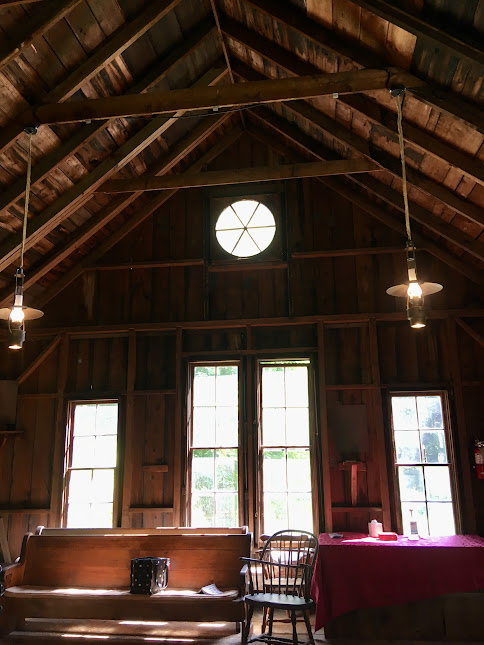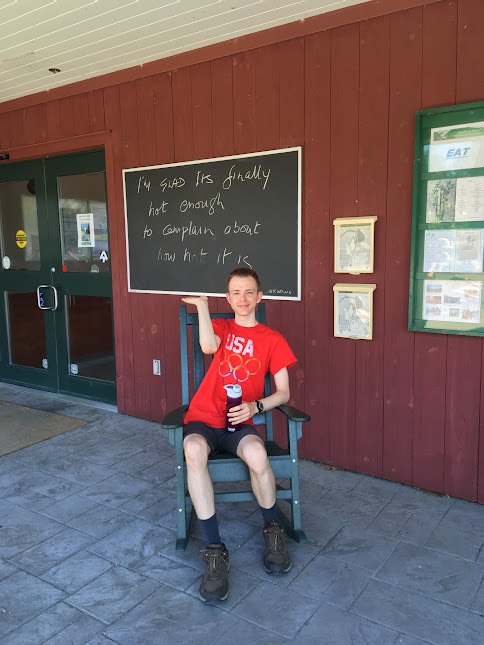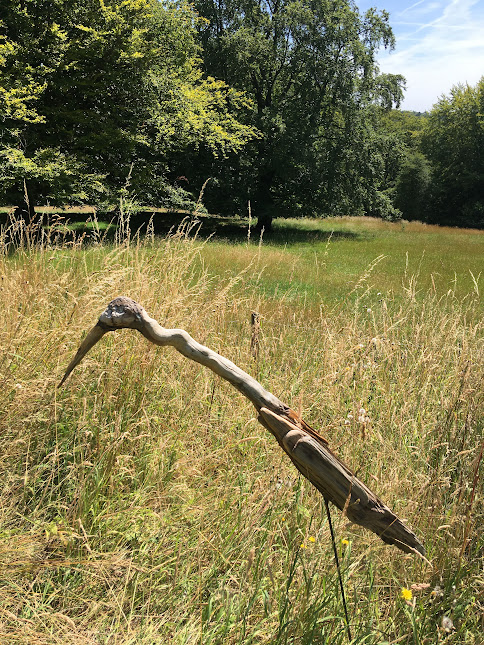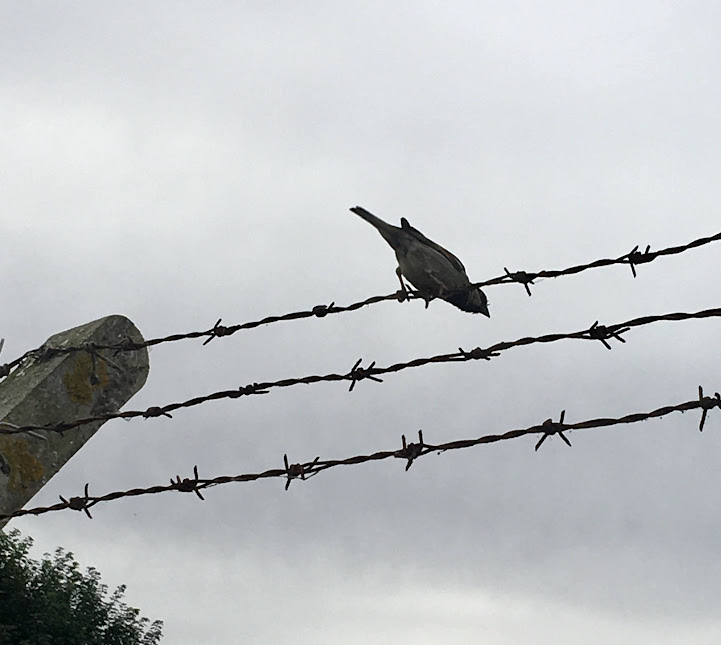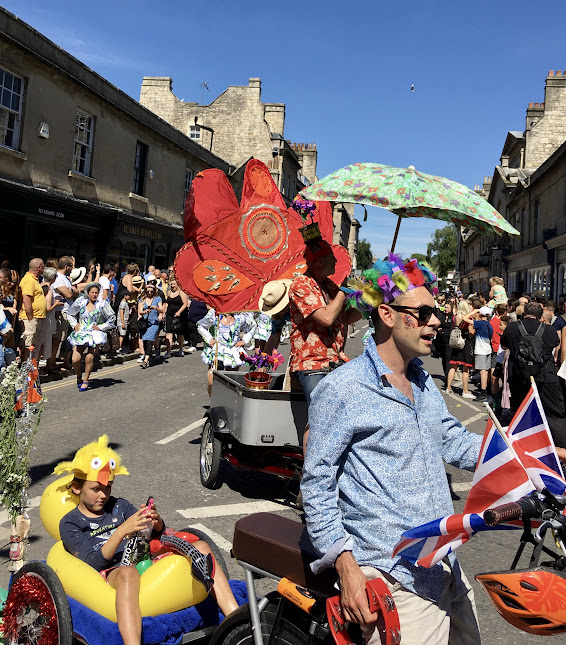This Week’s Bit of String: A little baby cat
We got a 4-month-old kitten a few days ago. I will try not to go on about him too much–the photos should speak for themselves–but I’m smitten.
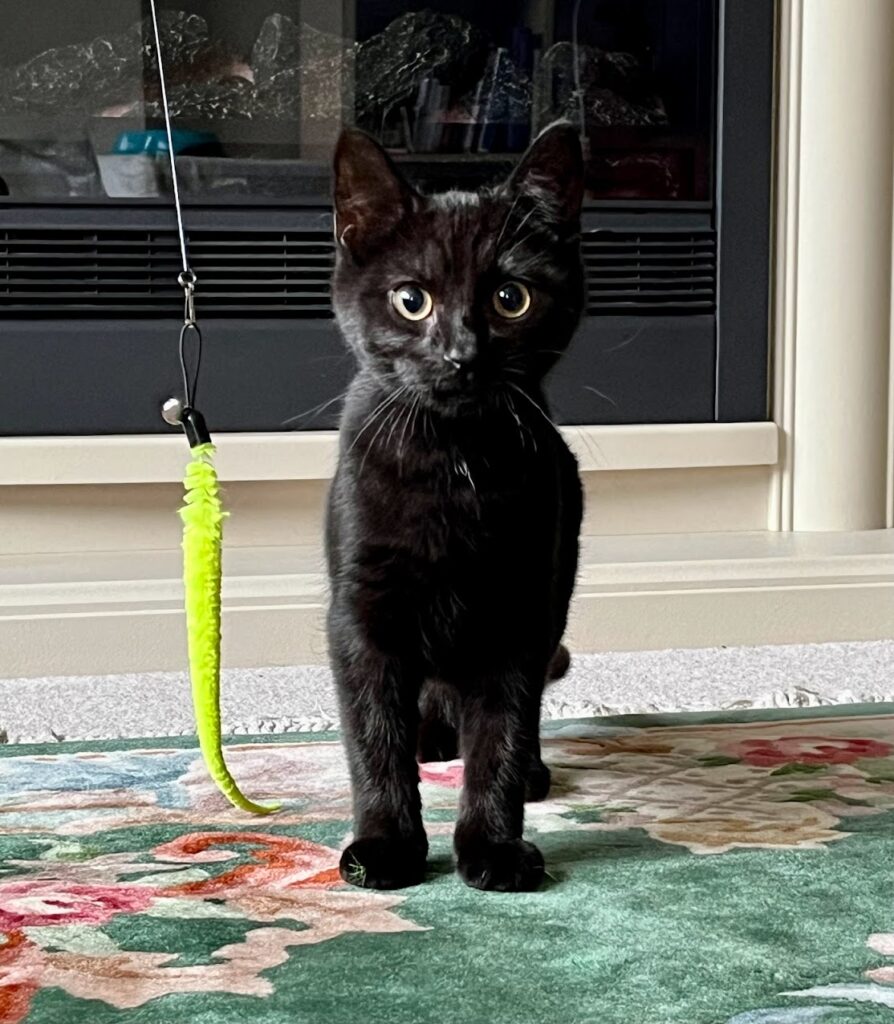
Getting him relatively early means we can rename him. Goodness knows if he’ll respond to it; how powerful can a verbal moniker be compared to Dreamies and feather toys, cardboard boxes and head rubs? But the process of choosing a name was exciting and also, in a way, revealing.
I viewed this as acquiring a new family member. So the name had to fit with our family culture. That’s not something I actively think about, and this caused me to consider it.
Naturally, our family traditions and favourites are a transatlantic mashup of American and British. Should I call the cat something to connect him with my home country? I liked the name Cricket, since he is black like the crickets in New England whose song I associate with home. And as he finds his voice, Kitty McKittenFace has revealed himself to have a crickety little chirp. But the name didn’t fully suit him.
I didn’t want a conventional black cat name, not even Inky or something with writerly implications. A literary name, that would do. A Shakespearean one even, given we just had a grand time in Stratford-Upon-Avon and the Royal Shakespeare Company theatre. No one with a tragic fate though–that eliminates a fair few of the Bard’s characters.
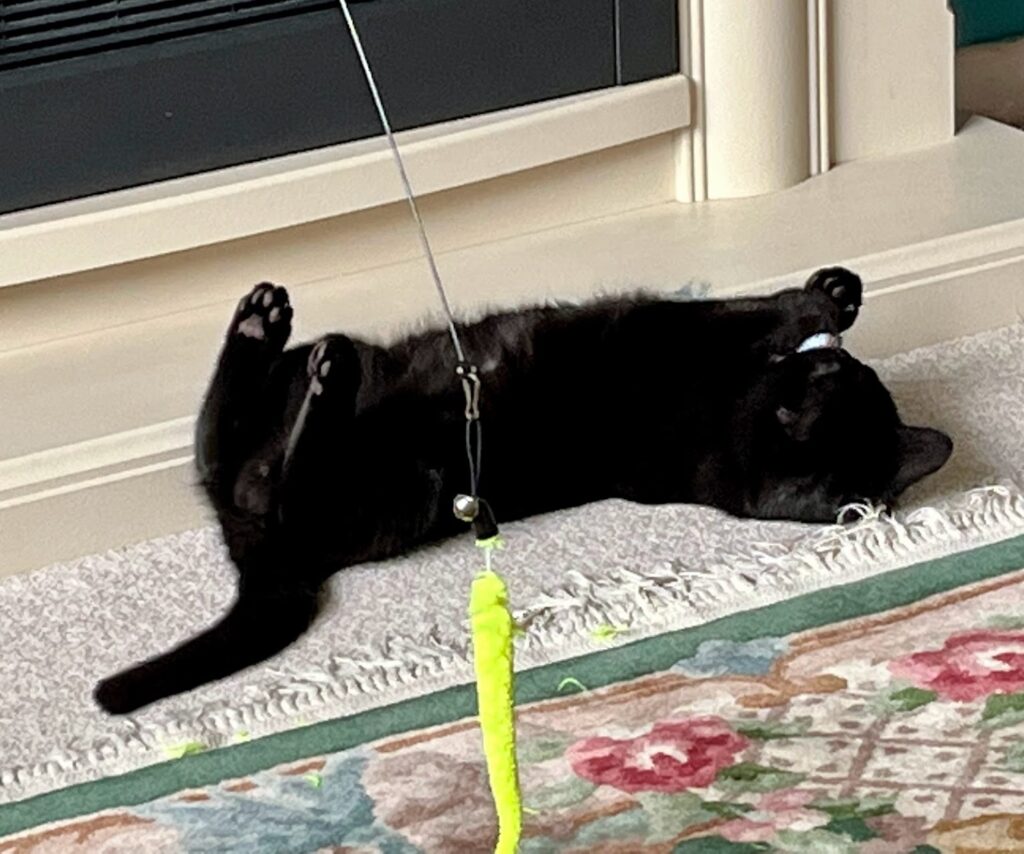
We settled on Oberon. The cat has a royal bearing, I think. We can shorten it to Obie, and link it to Star Wars as well if we see fit. Our Obie does have quite a stare; you’d think he was trying to use the Force on us in order to get his food bowl filled. (Scifi and adventure films are another part of our family culture.) And if he turns out a bit standoffish–which so far he is not, much to my excitement–we can call him ObeRon Swanson, for one of our favourite Parks and Recreation characters.
Character Names
Finding a title for a story can be loathsome. Nothing seems quite right… But naming characters is more painless, even enjoyable. There are so many connections you can make with a name, so many clues for readers. For example:
What: What does the name mean? Courage, humility, purity, illumination–lots of names have meanings like these and they can give a hopeful note to a character’s trajectory. I used to attach importance to this as an adolescent writer, but on the other hand everyone is brave, humble, pure, and illuminating at times, so we can’t lock ourselves or a character into any one attribute.
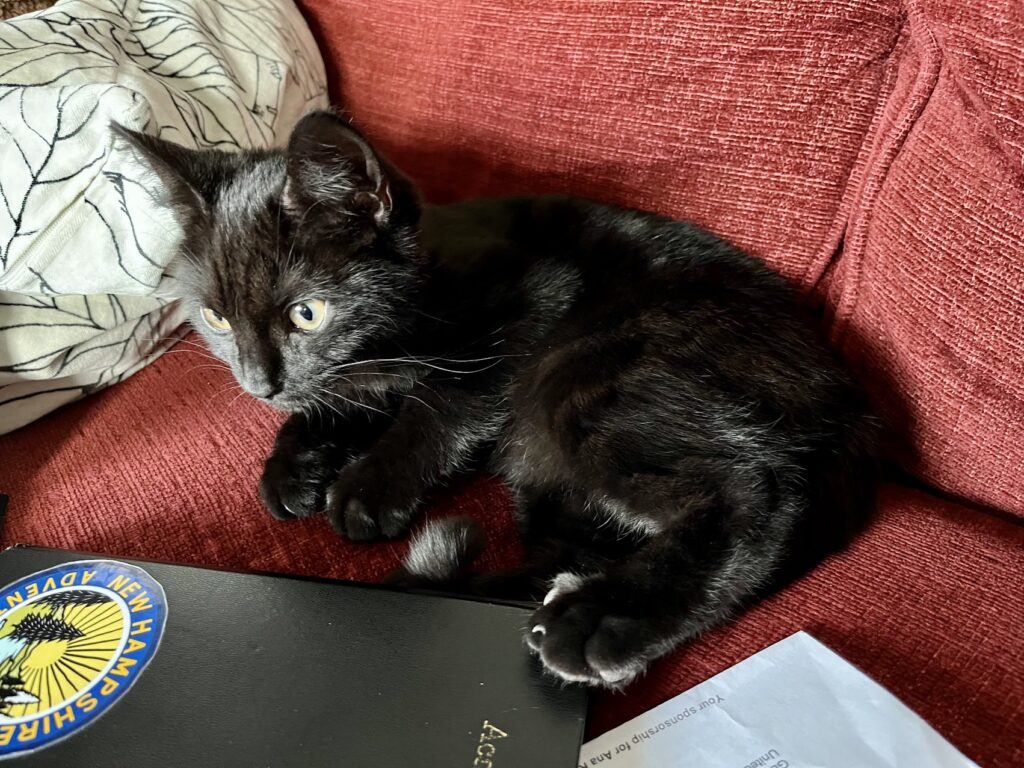
When: What does the name say about the contemporary events of the story? Is it a trendy name given by up-to-date parents, or a name that reflects indifference to fads? On the 2nd of November, 2016, we bought our last pets before this one–a pair of guinea pig brothers who took up residence in our lounge for the next 5 years. With the [now infamous] American election a couple days away, my husband and I wanted to name them Barry and Bernie, but our kiddo chose Fred and George instead. Mischief managed!
Where: Where is the name from? My name is Russian because my dad loves Russian literature. I have no Russian heritage. But it says something about the family who raised me, and introduced me to all sorts of art and literature. As I’m looking into my next project, I want one of my main characters to be an immigrant with a name that gets shortened to Nil, drawing inane comments now that she lives in the UK. I haven’t found a name that fits these particulars yet. Would it be culturally insensitive if I made one up? It’s funny, the notions we get stuck in our heads.
Who: Who else has this name? Often names come from a family history, but they might link to other figures also. I have a draft of a dark comedy story where some celebrity parents name their kids Ursula and Gaston, after Disney villains to shock people with how enlightened they are.
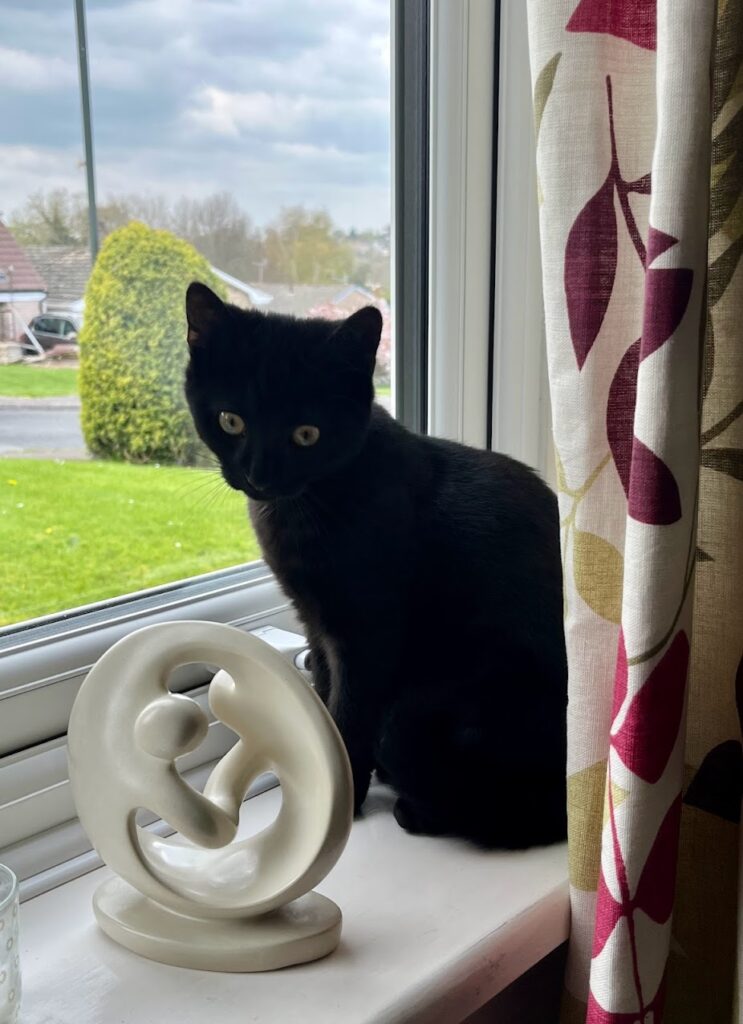
Why: Why was this name given to them–not by you as the writer, but by whoever named them? Writing my novel about Eve, I kept reading the Genesis account of creation. She’s only called “the woman” until after Eden. That’s not as outrageously disrespectful as it sounds though, since all Adam’s name ever meant was “the man.” If they were the first humans on earth, their species and gender would need no further specification.
How: How do others react to the name, and how does the character feel they are living up to it? I don’t usually give characters unusual names, because I have one and it complicates things. How people respond to my name reveals something about them. They might force it into something they know, like Natasha. They might immediately forget it rather than attempt pronunciation. Or they might say, “How unique. I’ll definitely remember that.” It makes things interesting… Maybe I will use such observations in a story one day.
What’s your strategy for naming characters? Are there any character names you’re particularly proud of?
